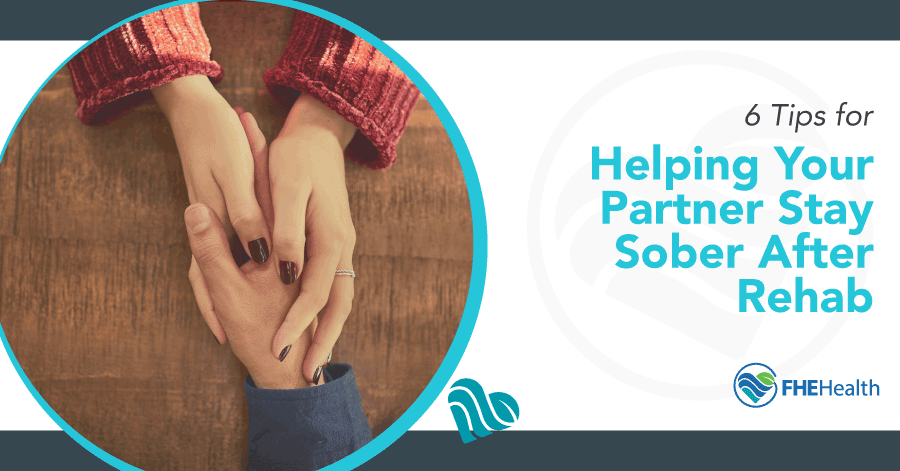
Having a loved one suffering from addiction can be very difficult, no matter who you are or what you’ve experienced in your life. Seeing people we love go through something that changes who they are and actively hurts them is not something we’re prepared to go through.
There exists a misconception, when we think of addiction, concerning what the role of a partner, family member or close friend is when it comes to helping in recovery. People think that if they can successfully get their loved one into detox or rehab, their job is done.
The reality is that this couldn’t be farther from the truth. Research shows that recovery is a long, drawn-out process. Helping an alcoholic stay sober after treatment can be difficult, and the same applies to other addictive substances. Even when best practices in treatment are carried out, the National Institute on Drug Abuse (NIDA) reports that relapse is practically inevitable for around half of the people who complete one of the many options that exist for treatment.
With this in mind, recovery can be an easier road if partners, friends and loved ones stay actively involved. When your partner enters a rehab program, your job of supporting them is far from done — in fact, it’s really just the beginning. Here are six tips for helping your partner stay sober after treatment.
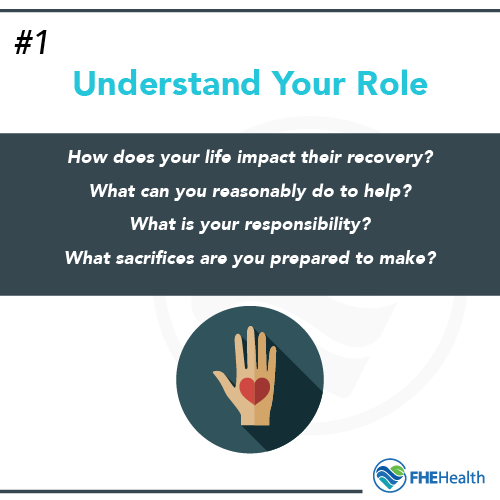 1. Understand Your Role in Their Addiction
1. Understand Your Role in Their Addiction
The first step may seem counterintuitive because it asks you to look within yourself and take inventory of your past, present and future life with your partner.
In order to understand how you can be an asset to someone’s recovery, you have to understand how your life plays a role in theirs. When you live with someone, your lives will overlap. Does your lifestyle impact their recovery? What about the people you surround yourself with?
The fact is that helping an addict get sober may take difficult choices and sacrifices from your own life, but it’s part of getting them the help they need.
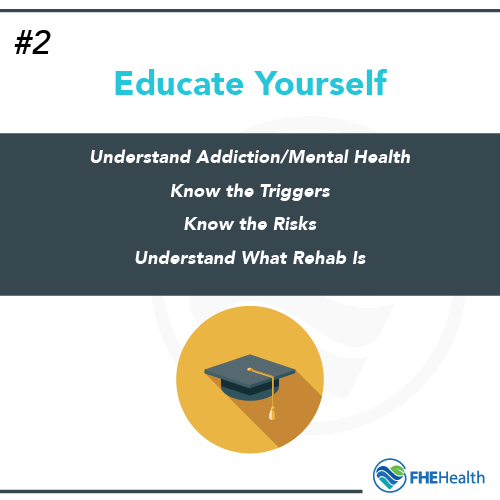 2. Educate Yourself on What They’re Going Through
2. Educate Yourself on What They’re Going Through
If you have a loved one in recovery, you need to familiarize yourself with what they’re going through. Read up on addiction and how it manifests to change an addict’s brain chemistry and control their behavior but also get hands-on.
It’s widely recommended that loved ones and family members actually get involved as much as possible with the actual course of treatment, whether that means attending therapy sessions with your partner or engaging in thoughtful discussion about the tools they’re building in treatment sessions.
In most rehab facilities and 12-step groups — two of the primary engines for recovery — the participants start to speak and think in certain, patterned ways. If you can speak your partner’s language and point out destructive actions in a way that they will understand, you’ll find it easier to provide them the support they truly need.
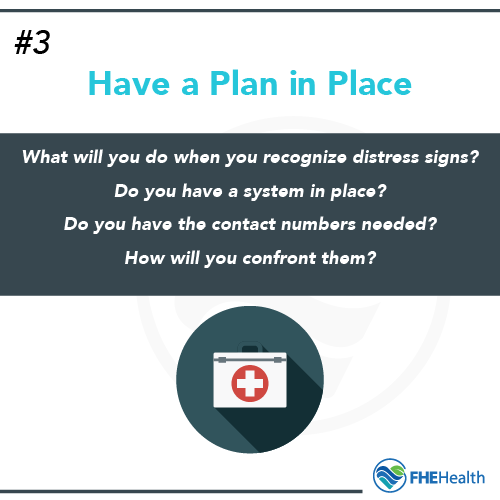 3. Have a Plan in Place
3. Have a Plan in Place
One way that professionals recommend loved ones of addicts prepare themselves for their loved one’s recovery is to think through potential situations that may occur. For example, if your partner tells you that they plan to start using again, what will you do? What if they stop going to work or fail to uphold their responsibilities at home?
Unfortunately, you can’t get in your partner’s head when something like this happens, but you can learn to react in a way that communicates support and encourages accountability by letting them know that you’re going to stand by them no matter what happens.
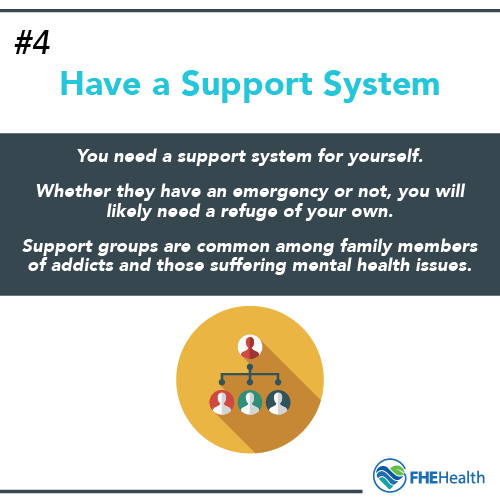 4. Get Your Own Support System
4. Get Your Own Support System
Learning how to help an alcoholic stay sober can be exhausting and the same goes for offering your unconditional support to an addict in recovery. Yes, being that stable source of support for your partner is rewarding when you see them healthy and happy, free from the strain of addiction, but that doesn’t mean you should ignore your own mental health.
This happens too often with family members and loved ones of addicts who invest their entire life helping that person stay sober. They end up putting their health on the line because they don’t focus enough on their own happiness.
Support groups aren’t just for the person in recovery, and there are plenty of options for loved ones of those in recovery. For example, Al Anon is a support group for friends and family members of people with a drinking problem. Meetings consist of sharing experiences, fears and building a community of strength in the face of one of the largest challenges that you could face.
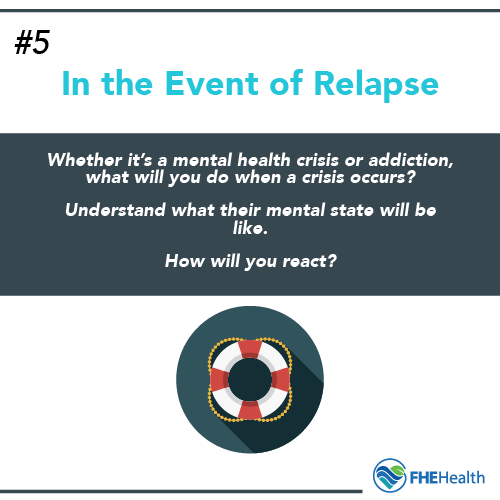 5. Understand What to Do in the Event of a Relapse
5. Understand What to Do in the Event of a Relapse
An extension of “having a plan,” reacting to relapse is another thing entirely. A relapse is a fall back to square one — your partner is using again. Do you know how to react?
The first step is to understand the things that they may be feeling. Addicts who “fall off the wagon” feel ashamed, frustrated and humiliated. They may feel worthless and slip into a mindset of resigning to continue the destructive behaviors that helped them arrive at that point.
This is where positive reinforcement is vital, but know that you can’t do it alone. Your partner will need support from their recovery network, typically in the form of a 12-step program or therapy group.
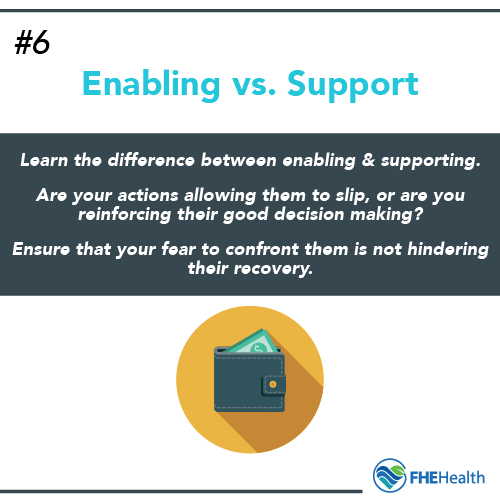 6. Learn the Difference: Enable vs. Support
6. Learn the Difference: Enable vs. Support
When your partner is in recovery, you’ll be tempted to make it as easy as possible on them — doing things like not holding them responsible for their actions, letting them skip meetings or overlooking slips in their recovery. You think it’s out of love and support, but it’s not. What you’re doing is enabling them.
An addict who is enabled by those around them will have an infinitely harder time reaching recovery. In actuality, real support takes tough love, and to say you’ll support your partner “unconditionally” doesn’t mean you should overlook their struggles.
Learn more about the difference between supporting an addict and enabling them.
Family Support at FHE Health
At FHE Health, we encourage family members and loved ones to get involved in the recovery of their friends, partners and loved ones for the simple reason that recovery is enormously difficult. There will be setbacks, and our patients need as much support from as many different angles as they can get.
To learn more about resources to help a partner stay sober after rehab, contact us today.






